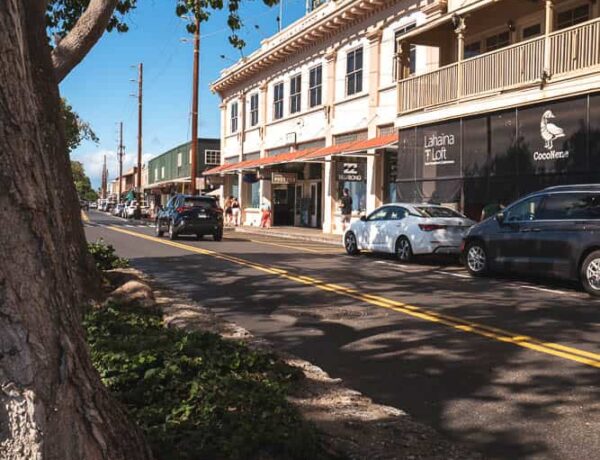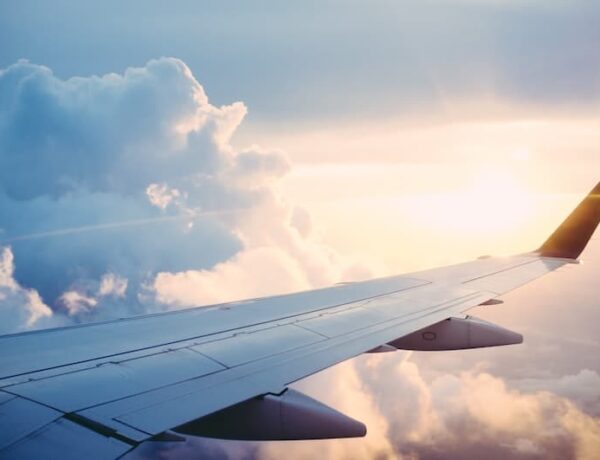As you plan your dream vacation on Maui, one question looms large — how will you get around? Do you really need a rental car while traveling around Maui?
For most, the answer would be yes — but not for everyone.
On one hand, renting a car seems like the obvious choice. A car gives you freedom and flexibility to go where you want, when you want. But that freedom also comes with added expenses, along with the stress of navigating unfamiliar roads — such as the notoriously windy Road to Hana.
You could save some cash by taking alternative transportation such as buses or shuttles, but that would limit your opportunities for impromptu adventures — among other drawbacks.
We delve into the pros and cons of both renting a car and opting out. That way you can balance the expense of a rental car with making the most of your time on Maui.
Why you should rent a car while in Maui
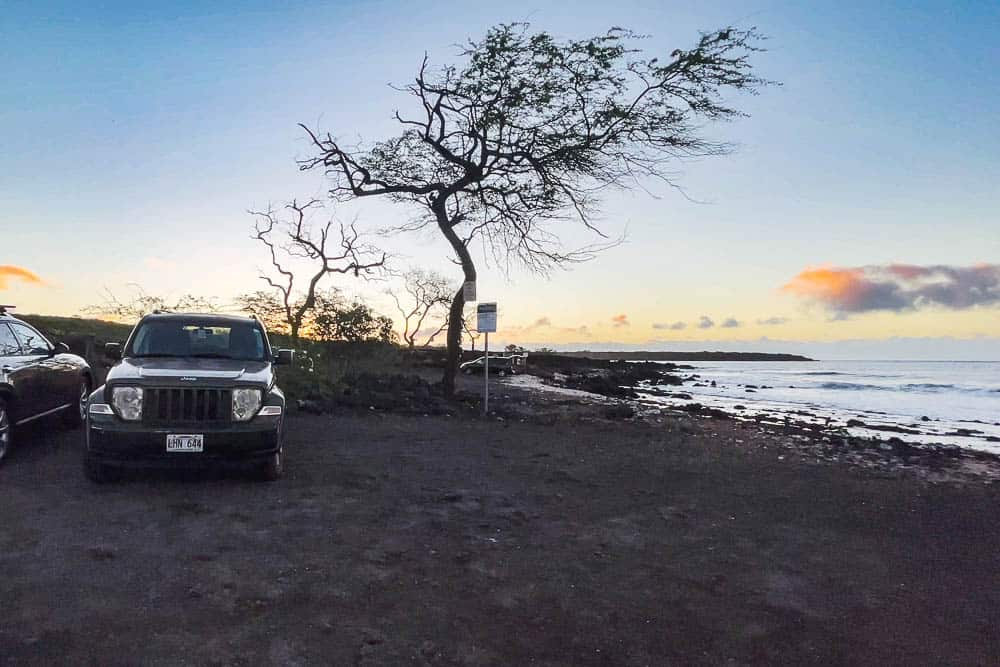
Why rent? For the most part, renting a car gives you the best experience for exploring Maui’s most popular sights. As the second largest island in Hawaii, a car is typically the fastest way to get around. Not to mention the most convenient.
Here’s why renting a car is a no-brainer while on Maui:
- Taking a rideshare service everywhere adds up. That Uber or Lyft ride may be convenient, but even the relatively inexpensive $10 or $20 rides add up over the course of several days. And if you need a ride from Kihei in South Maui to West Maui, prepare for sticker shock. We priced out a midweek afternoon ride from Kihei to Front Street on Uber, and it was $63 for a one-way trip.
- Hiring tour guides and drivers to see all the different island regions isn’t cheap. The cost of living in Hawaii is one of the highest in the nation, which makes services such as tours expensive when compared to other states. A Haleakala tour that includes transportation can easily set you back $200. Multiply that by each person in your party, and you could be paying a small fortune.
- Taking the bus eats into precious vacation time. While public transportation is an economical way of traversing the island, you’ll probably spend more time waiting on the bus than it’s worth. For example, a bus ride from Kahului Airport to South Kihei takes between an hour and fifteen minutes up to an hour and forty minutes, with one transfer — and that’s if you make it to the bus stop on time. Compare that to a thirty-minute car ride.
- Many favorite attractions are spread out across the island. As the second-largest island in the Hawaiian archipelago, getting from one side of the island takes time — and motor power. Traveling between island favorites such as the Haleakala National Park and Makena Beach, for example, takes a few hours by car. If you’re traveling to several points of interest around Maui — and you don’t have a helicopter on standby — a rental car is probably your best bet.
- You’ll be able to access remote spots that other transportation methods don’t get to. For example, the Maui bus system doesn’t have a line to Haleakala National Park.
- You have complete control over where and when to stop. Tour groups and public buses all run on a schedule, limiting your options for spontaneous exploration. With a rental car, you’re literally in the driver’s seat.
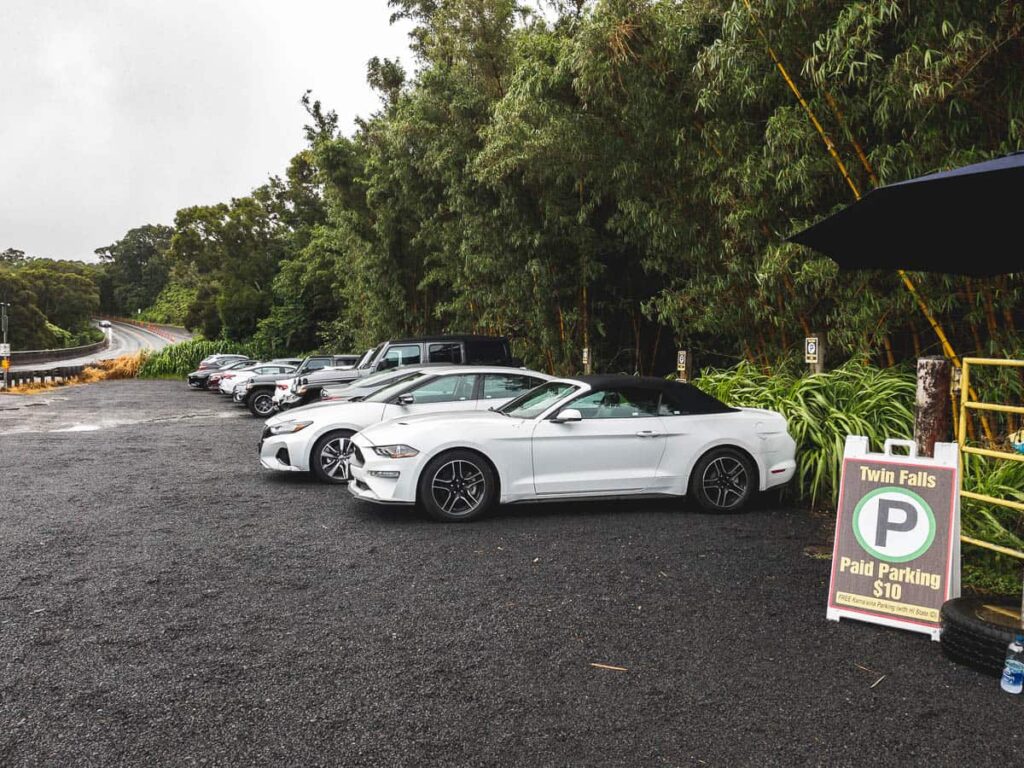
When you’re better off not renting a car on Maui
While most vacationers will benefit from renting a car, it isn’t the best choice for everyone. These are situations when you’d be better off steering clear of a car rental while you’re on Maui:
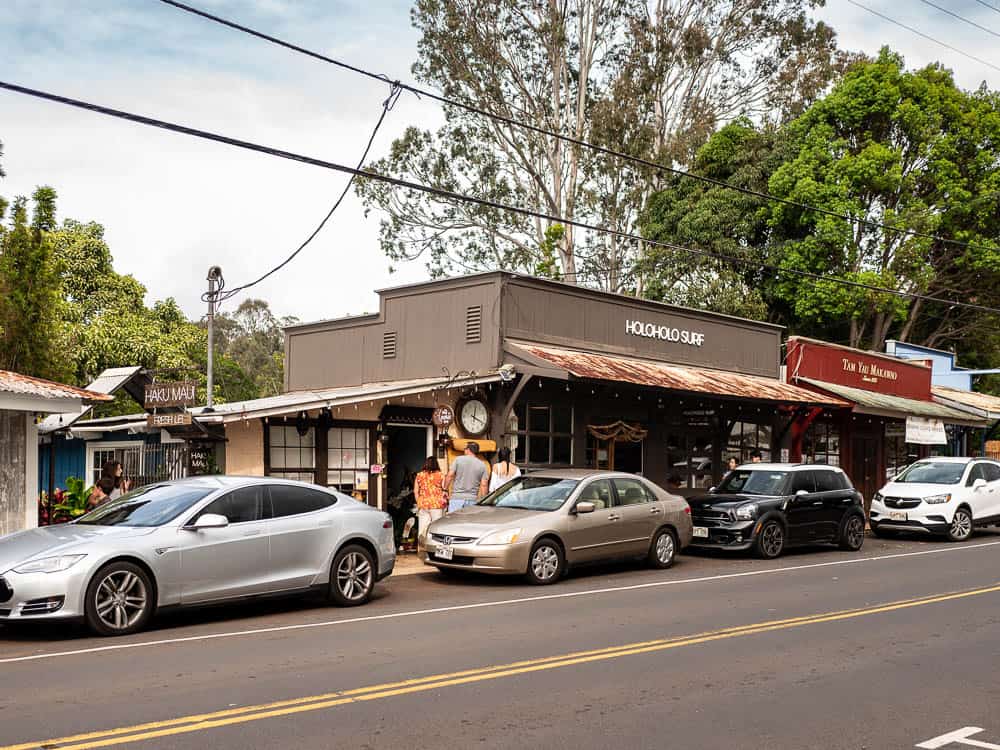
- You’re a resort junkie. No judgment here! If you’re a traveler who prefers to retreat completely into the resort grounds — taking meals on site, wandering on foot, or reclining poolside — you’d waste money on a car rental. Not to mention the daily parking fees.
- You’ve hired tour guides that will pick you up from your hotel or resort. For the most part, you’re sticking close to your resort or hotel. When you do venture out — say to Haleakala or the Road to Hana — you have a tour guide to do the driving. If this sounds like you, you probably don’t need to bother with a rental car.
- You’ve been to Maui so many times that you’ve done it all. You’ve seen the Road to Hana forwards, backwards, and on an overnight stay. Or you’ve seen Haleakala’s sunrise more times than you can count. You have a favorite spot on the island, and you tend to stay nearby. On a few occasions, you book a rideshare to a special restaurant that’s too far of a walk. A rental car would sit mostly idle if you had one.
How to decide if renting a car is better for your itinerary
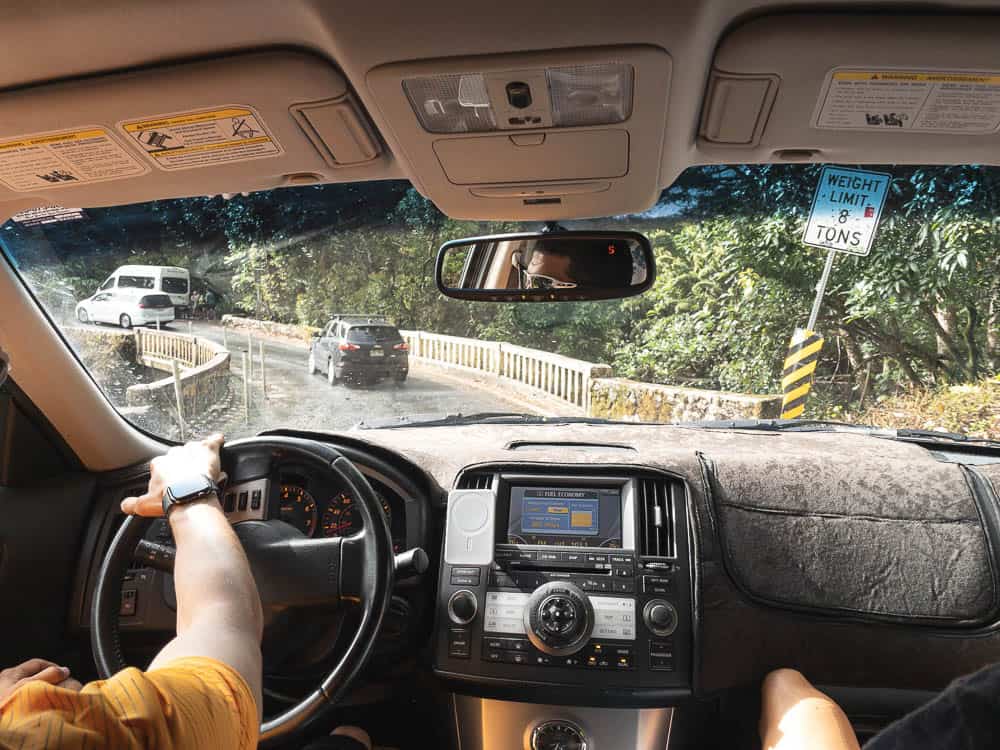
Still can’t decide on whether to rent a car or not? Here’s how to get into the nitty gritty of your trip to find out whether you’re better off (costwise) renting a car or not.
- First, figure out where you’re staying. Will you be at a Kaanapali or Wailea resort? Or a Paia hostel? Think of your hotel as basecamp during your Maui vacation.
- Decide on activities and sites you plan to see. Dreaming of a whale watching tour? How far is the dock from your hotel? Is it walkable, or will you need a ride?
- Map out the location of your planned vacation activities. We like to create a list of places to visit on Google Maps. This helps us keep track of places we don’t want to miss. Under the Google Maps ‘Menu,’ click on ‘Your places.’ Click on ‘+ New list’ to create a new list.
- Price out a car rental for your stay. Don’t forget to budget for resort parking, valet fees, and fuel costs.
- Price out the cost of alternative transportation for the activities that are too far to walk to. Use sites such as Google Maps, Rome2Rio, and Uber’s price estimator to get an idea of what your transportation options are, and how costs compare.
- Compare alternative transportation costs to the cost of a rental car. Is it cheaper and easier to rent a car? If so, go for it.
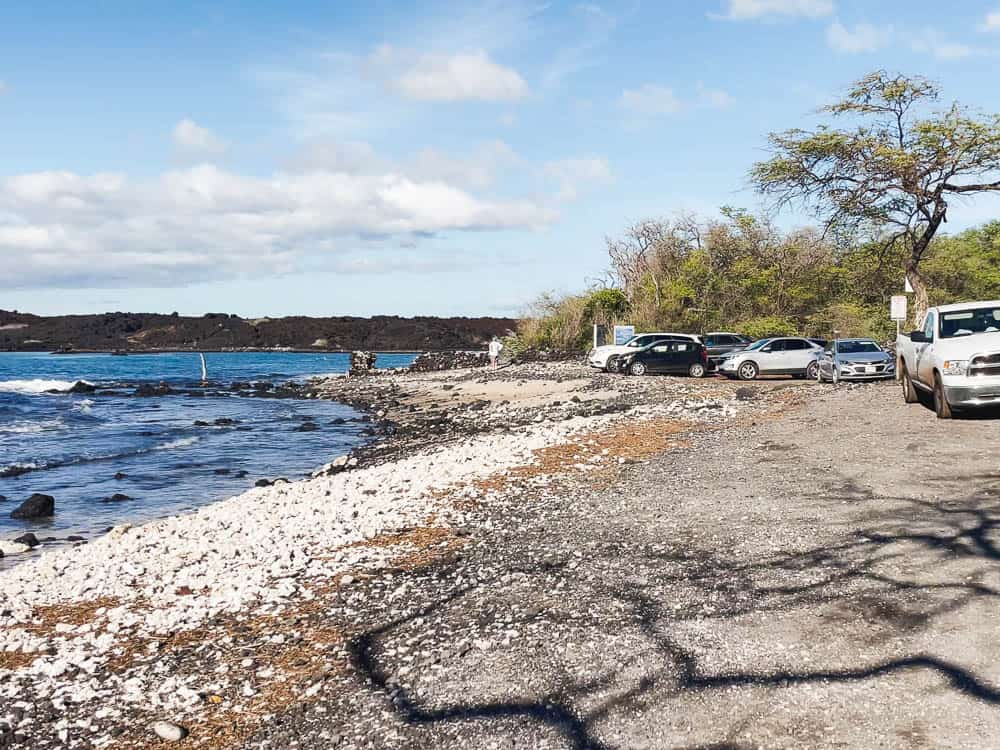
Tips for saving money on a rental car in Maui
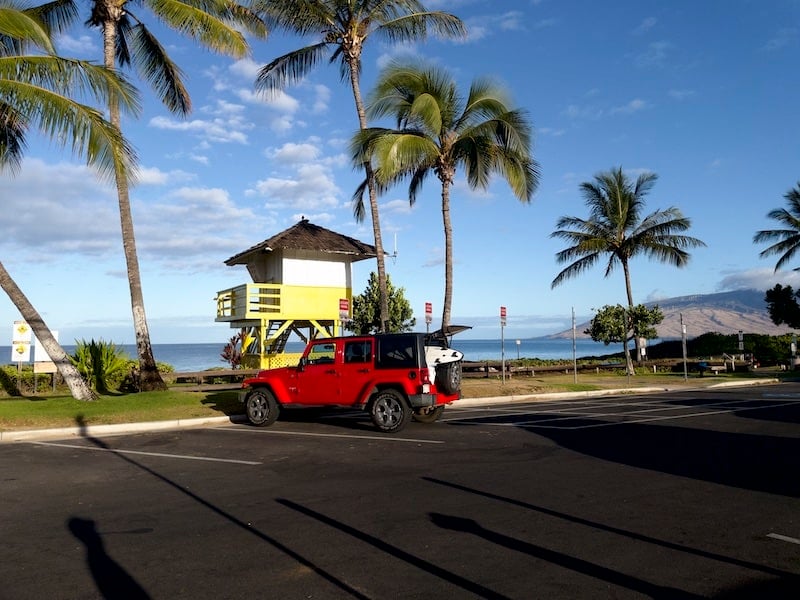
- Reserve a car for only part of your trip. You get the best of both worlds — the freedom of a rental car when you need it, and cost savings for when you don’t. And you’ll save on more than just the rental fee, but parking and valet costs, too.
- Keep an eye on price reductions after booking. Reserve your car early, but make sure you cancel for free in case you find a better deal. Then use a price tracking service such as AutoSlash. This free site not only tracks price reductions with the company you’re renting from, but it also compares your reservation price with other car rental companies.
- Consider reserving a car through Turo. If you haven’t heard of Turo, it’s a peer-to-peer rental car marketplace — kind of like Airbnb, but for rental cars. Maui locals list their car for rent, and visitors avoid the rental car counter. That said, service and car quality can vary. For example, has the car been recently serviced? What happens if you break down on a remote part of Hana Highway? I’m personally too paranoid to try this tactic, but this may be a good option for travelers who are more adventurous (read: less controlling) than I am.
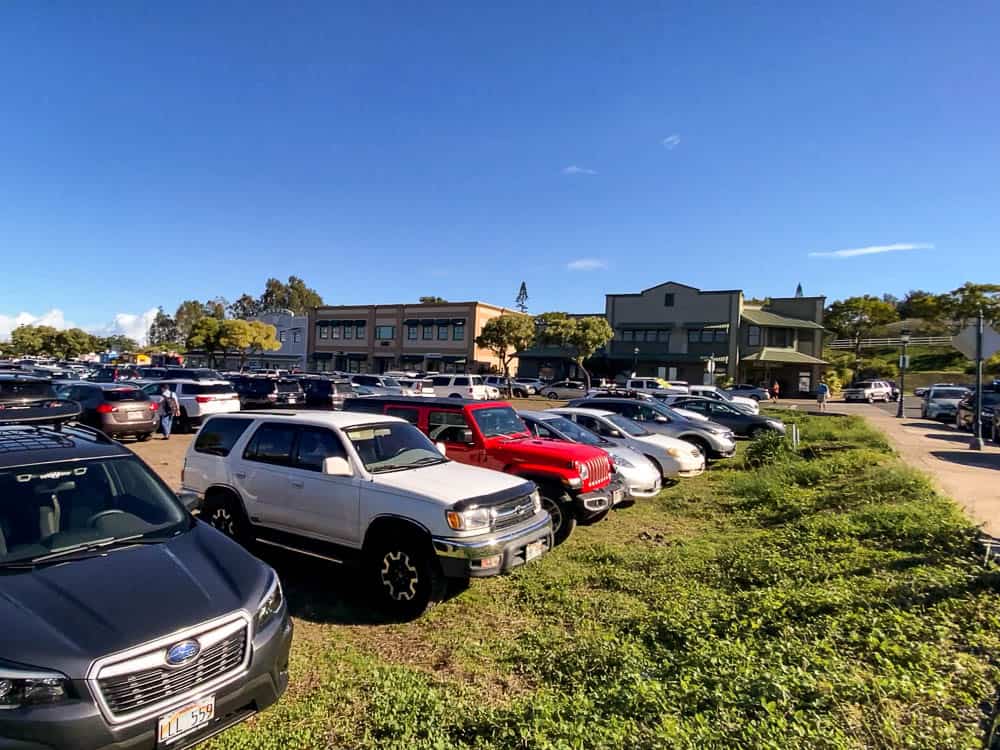
Explore alternative transportation options
If you decide not to rent a car, you have other options for getting around the island.
Maui Bus
Public transportation may be inexpensive, but you could also end up sacrificing precious vacation time by using it as your primary mode of getting around. Not only will you need to plan your daily activities carefully, based on the route schedules, you’ll find that it won’t get you to every part of the island.
These are the pros and cons of using the Maui Bus system as a rental car alternative:
Maui Bus benefits
- Taking the bus is budget friendly. Public transportation is typically the cheapest transportation option (unless you have a friend or family on the island who’s willing to drive or loan you a car). As of 2023, general one-way fare cost $2.00.
- It’s an eco-friendly mode of transportation. Taking the bus is an environmentally-friendly way to get around, especially with the new electric buses the county has started to introduce in 2022.
- You get an immersive Maiu experience. Riding the bus allows you to slow down, take in the scenery, and immerse yourself in the island life.
Maui Bus drawbacks:
- Set transit schedules may not work for you. Bus schedules may be limited and may not run as frequently as you need them.
- Routes don’t cover the entire island. Maui County’s bus system may not reach all the destinations or areas that you want to visit. For example, there’s no bus route along the famous Road to Hana or to Halakeala National Park.
- Luggage may be troublesome. If you plan on taking the bus to or from the Kahului Airport, you’ll want to pack light. It’s unlikely that you’ll find space for multiple full-size luggage bags.
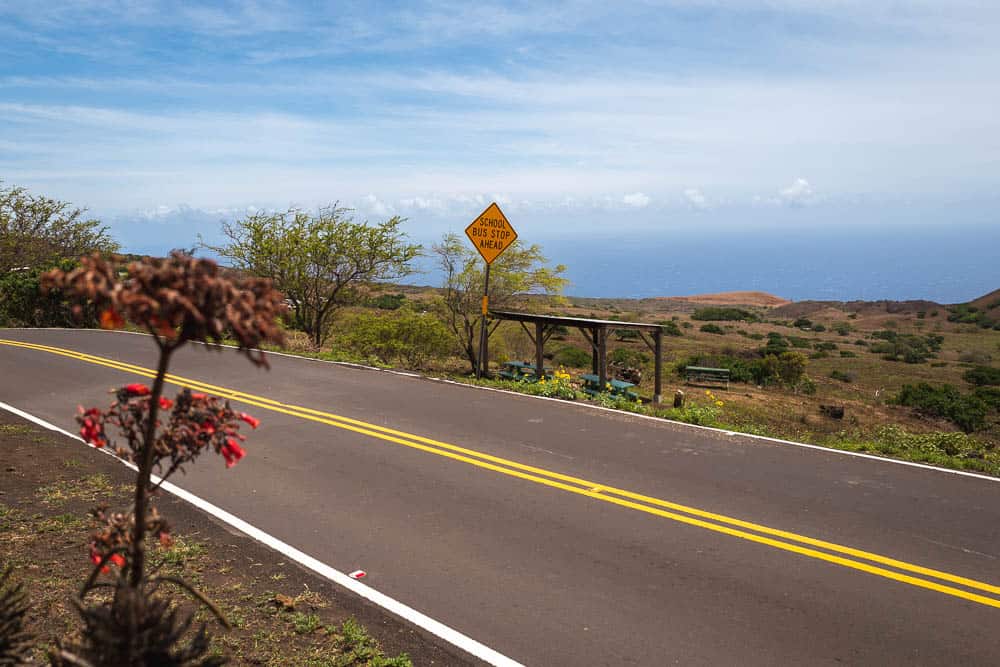
Rideshare service (Uber/Lyft)
We’ve used Uber to and from the Kahului (OGG) Airport on several occasions without an issue. You can even book your ride in advance if you have an early morning flight — it worked for us when we needed a ride from Kihei for an 8:00 a.m. departure.
Rideshare benefits:
- Booking a rideshare is simple. You can easily book a ride from your smartphone and get to your destination without worrying about unfamiliar roads.
- Hiring a local driver through a rideshare service can be cost effective. If you plan on sticking close by and not doing a lot of driving, it could be cheaper to book a rideshare than rent a car for the duration of your trip.
- No need to worry about parking. With ridesharing, you don’t have to worry about finding a parking spot or paying for parking. This is particularly helpful for places like the perpetually busy Front Street in Lahaina.
Rideshare drawbacks:
- Pickups from remote locations could pose a problem. If you’re venturing beyond the typical tourist regions, such as Kaanapali/Lahaina or Kihei/Wailea, you may need to wait for a driver to get to you.
- Surge pricing can eat into your budget. During peak hours or when there’s high demand, you could end up paying more than you expected.
- Internet service is paramount. Ridesharing apps rely on a good internet connection, which can get spotty at certain parts on the island. If you need to book a pickup while along the Road to Hana, for example, don’t count on a rideshare. Mobile service is pretty much nonexistent.
Private tour company
If convenience and a personalized experience is more your speed, a private tour company can get you around the island. But it’ll cost you.
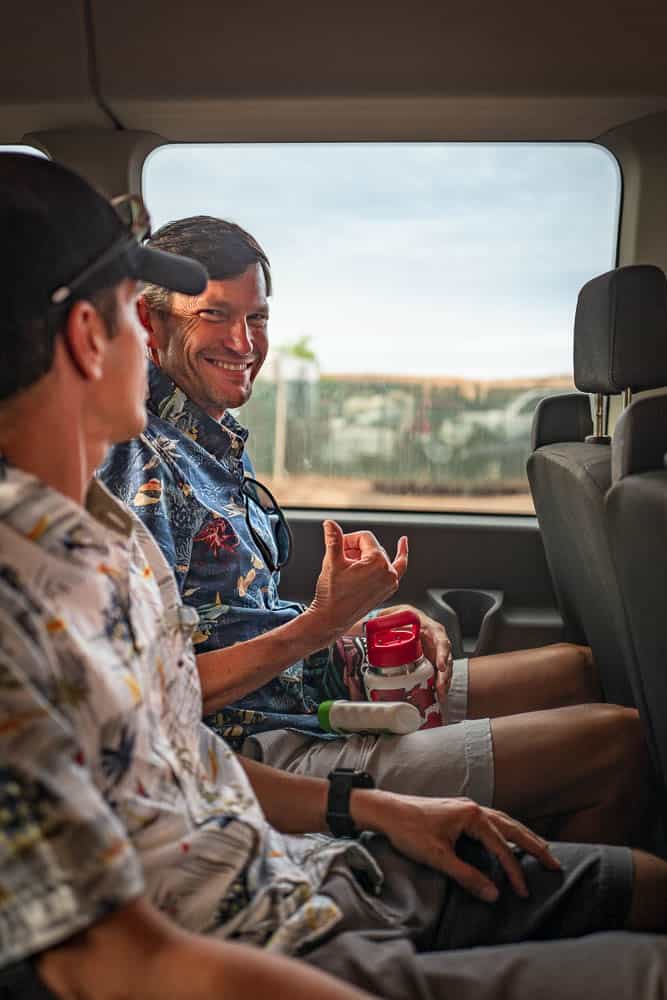
Tour company benefits:
- You get a local guide with your ride. Want to know the best place for spam musubi or where to look for turtles on the beach? Private tour guides are experts in the area and can provide an insider’s view on where to go and what to see while you’re on Maui.
- It’s convenient. Private tour companies typically take care of all the details such as entry fees and reservations, so you can sit back and relax. You can enjoy the journey instead of worrying about taking a wrong turn on a remote road.
- You can customize your itinerary (on a private tour). Some tour companies offer personalized tours so you can create an itinerary that meets your specific interests and needs.
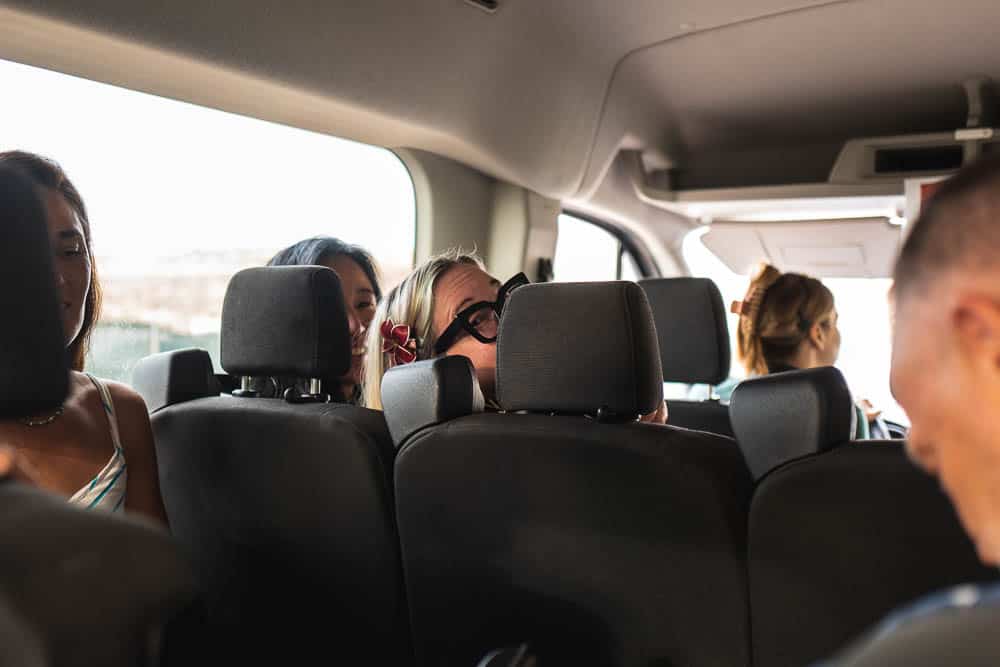
Tour company drawbacks:
- Booking tours gets pricey. Private tours aren’t cheap. You’ll probably spend a lot more on tours than it would be to rent a car, especially if you’re traveling with a group.
- You won’t get much spontaneity (on a group tour). Group tours typically have a set schedule and itinerary, so you won’t be able to explore on your own or at your own pace.
- You’ll have to share. A tour may be shared with other people and you may not have the same level of privacy as you would with a rental car.
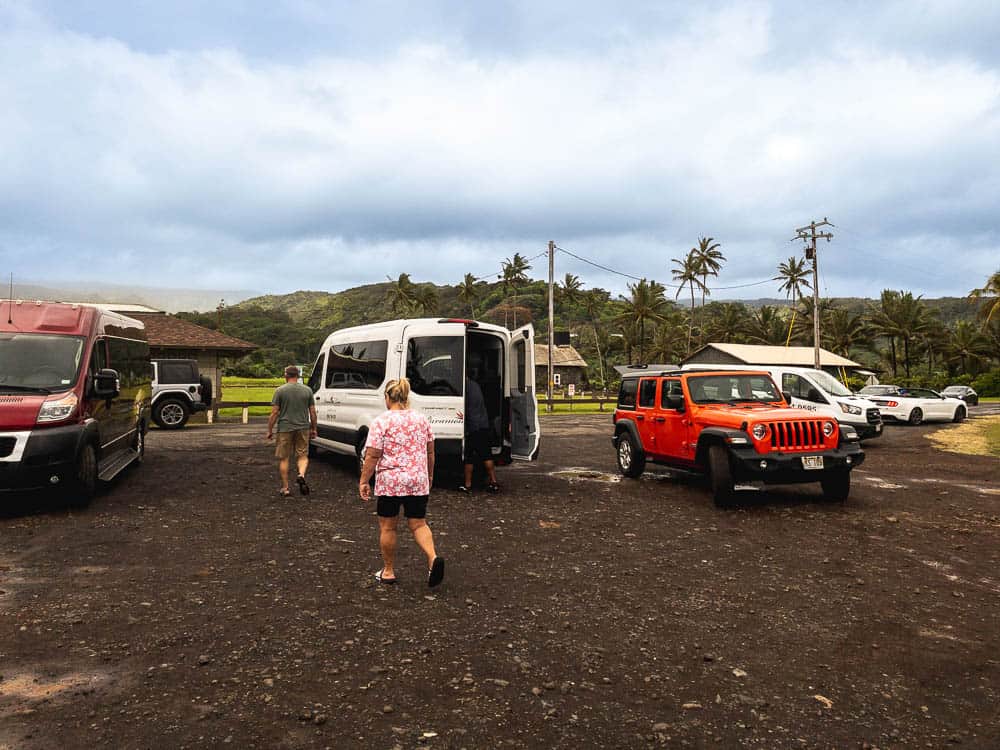
Private town car service
We’ve never used a town car service while on Maui, primarily because we’ve never felt that the cost was worth it. You’ll certainly get a more luxurious experience than any other transportation options on Maui with a professional driver, along with an upscale and comfortable ride. Hiring a private driver is a high-end service we’ve personally never needed while on a laid back island vacation. But if it’s in your budget, a town car (even if just to and from the airport) could be a worthwhile splurge.
So should you rent a car or not?
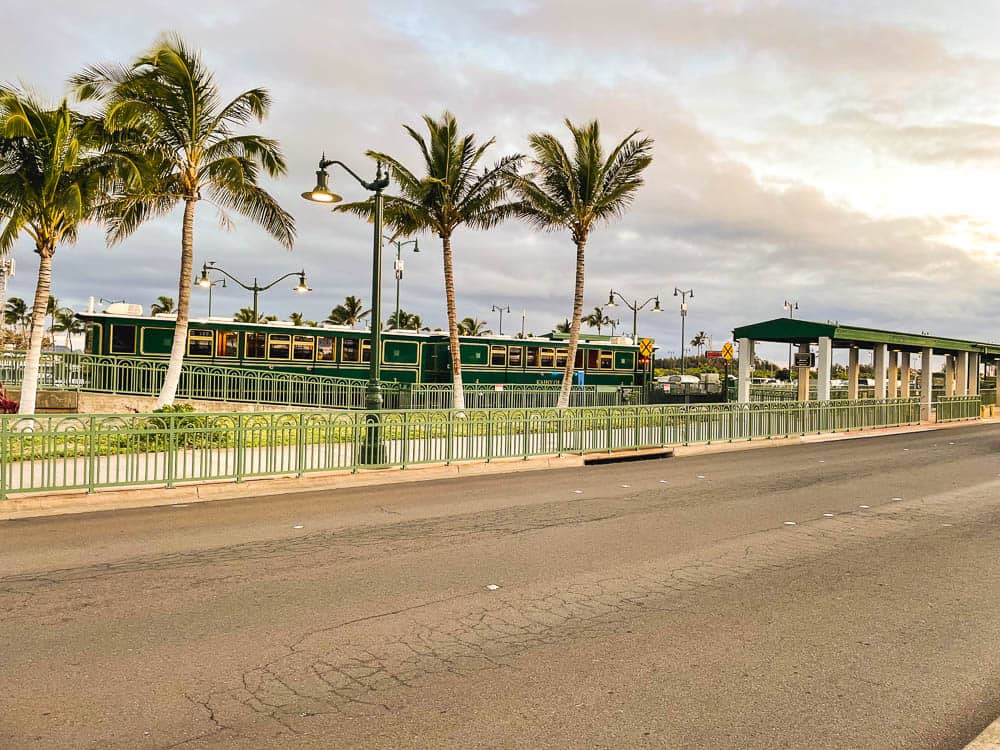
Whether or not you should rent a car depends on your budget and the type of vacation you’re planning. Only you can make the right decision for your trip.
Our two cents: Unless you’re sticking to one spot on the island, we highly recommend renting a car to experience the best of what Maui has to offer. If budget is a concern, combine your farther-afield trips to a few days grouped together. Then rent a car during just the days you’ll need it — and not the whole shebang.
Featured image credit: Hawaii Tourism Hawaii Tourism Authority/Tor Johnson

